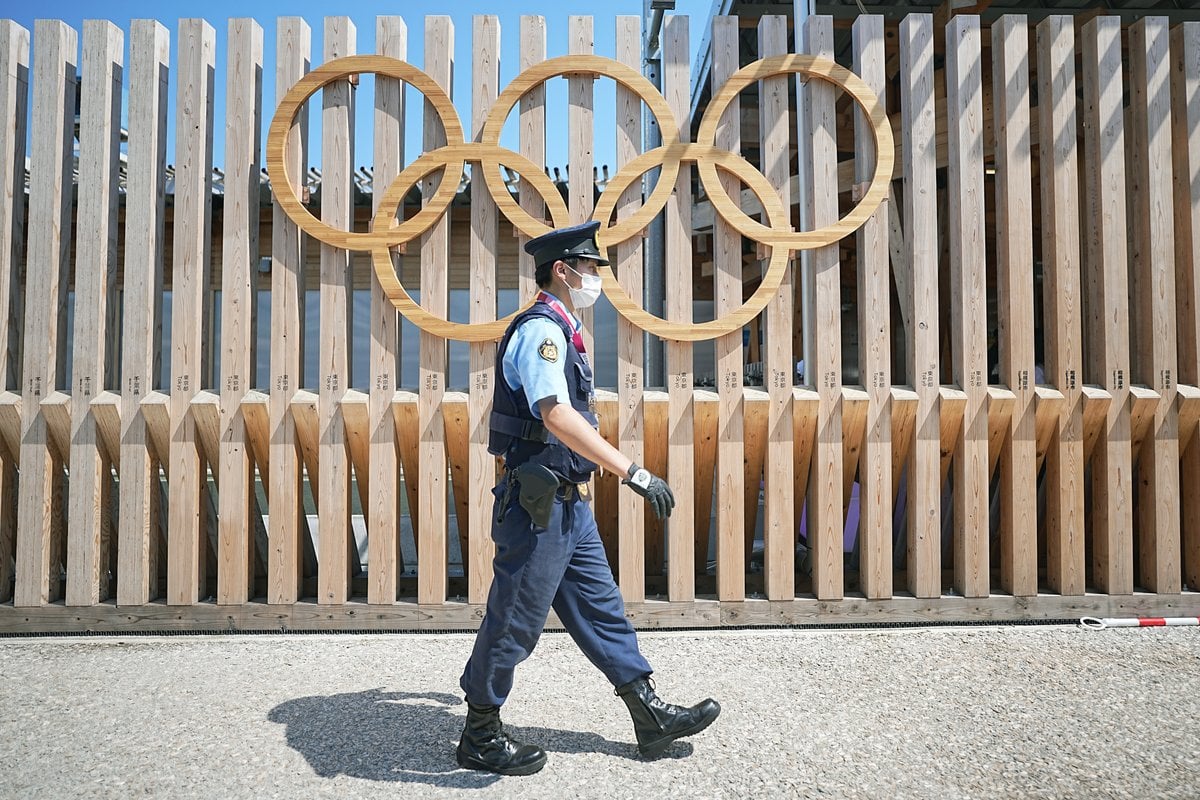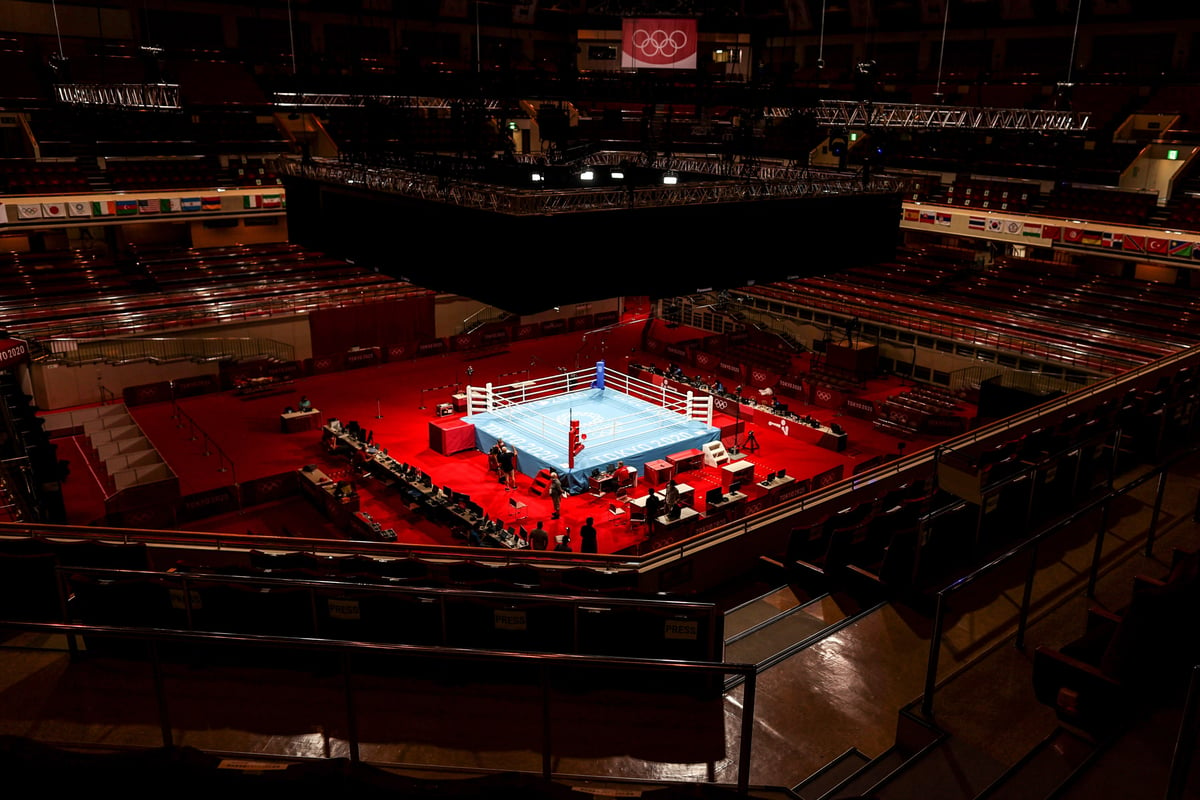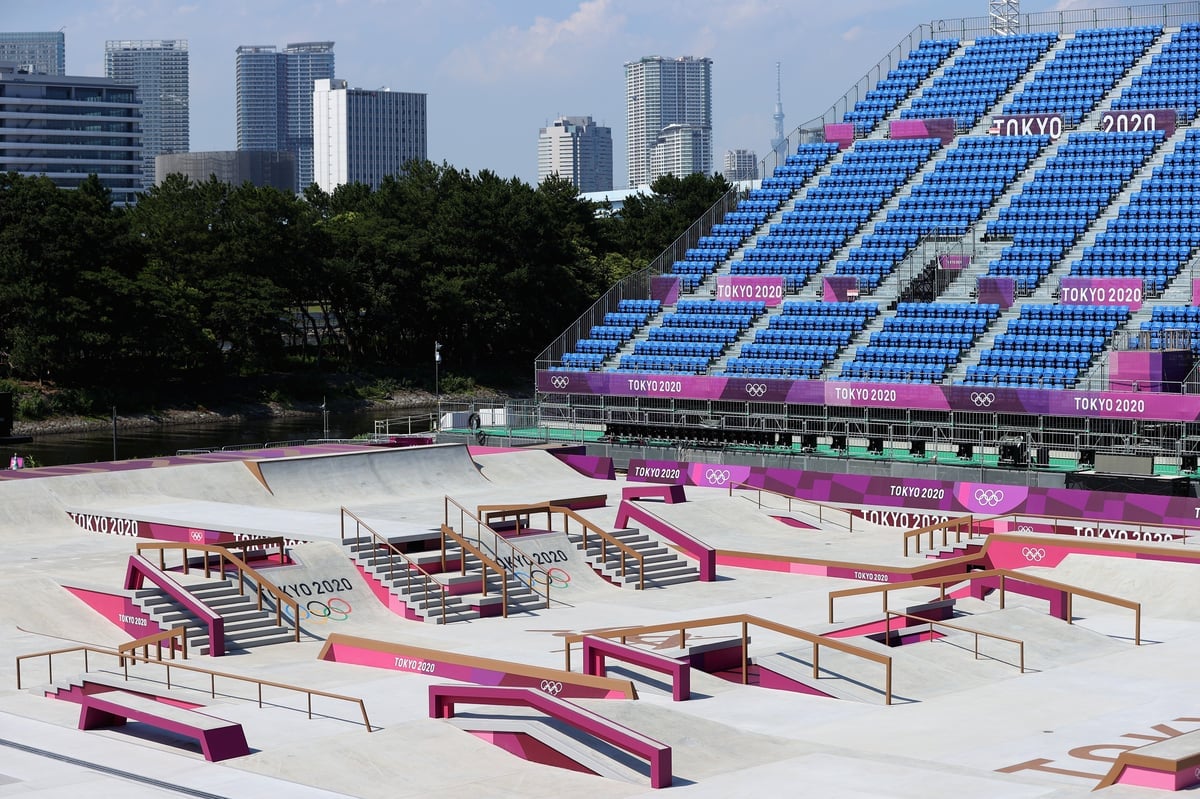
For the first time in its 125-year modern history, the Olympics will be held on an odd-numbered year. And that's only the beginning of why this year's Games will be entirely unique.
The 12-month delay thanks to the coronavirus pandemic has caused a headache for organisers, who have changed restrictions countless times over the past six months in the lead up to the two-week sporting event.
Tokyo is under a state of emergency at the moment, due to rising case numbers of COVID-19, which will end after the closing ceremony of the Olympics.
Now the highly anticipated, and equally controversial, Olympic Games are just one day away. Here's five ways it will be different to any other year.
1. No crowds.
Due to rising coronavirus case numbers in Tokyo, the decision was made earlier this month to have no spectators at all for any of the games.
Initially, the plan was to only permit spectators who live in Japan, before organisers announced in June that crowds would be limited to 50 per cent. Now, though, everyone will have to watch from home.
 There will be no crowds at the Olympics this year. Image: Getty.
There will be no crowds at the Olympics this year. Image: Getty.


